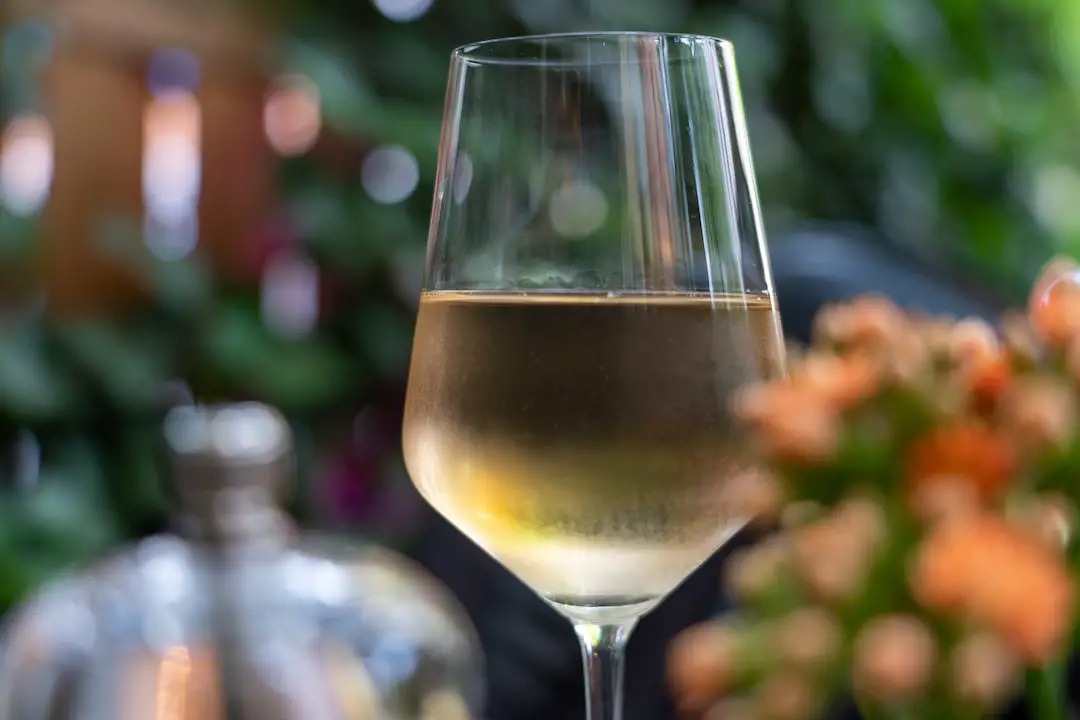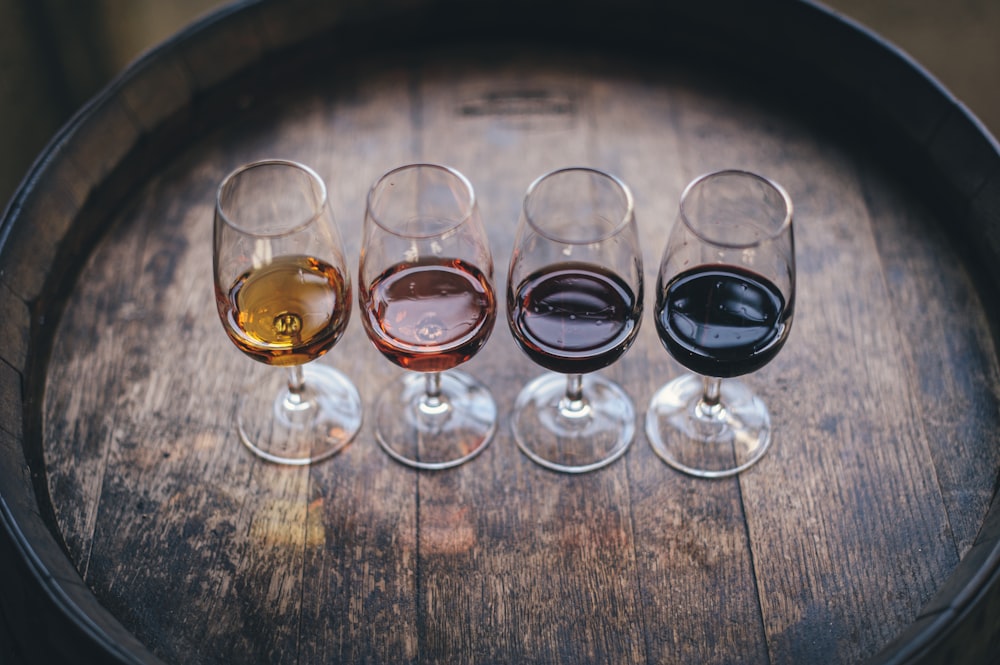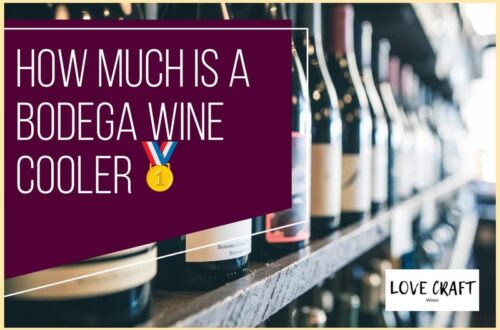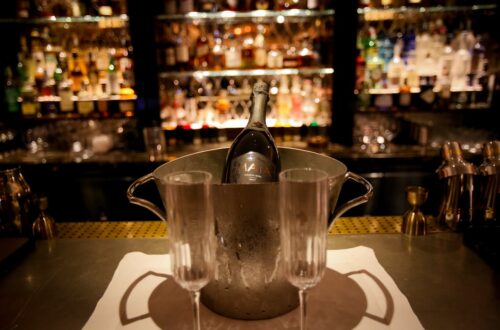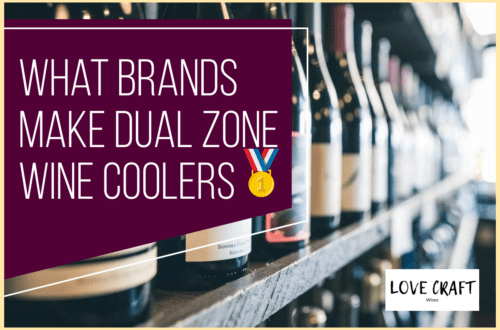Are you a seafood lover who enjoys a glass of wine with your meals? If so, you may be wondering which type of wine pairs best with your favorite fish, salmon.
Salmon is a flavorful and versatile fish that can be cooked in a variety of ways, making it a popular choice for many meals. But when it comes to pairing wine with salmon, it can be challenging to know which type of wine complements its unique flavors.
To help you enhance your dining experience, we’ve put together a guide on which type of wine pairs well with salmon. From light and crisp white wines to full-bodied red wines, we’ll explore the different flavor profiles of salmon and recommend the best wines to complement them.
So, whether you prefer your salmon grilled, baked, or smoked, we’ve got you covered with expert tips on how to perfectly pair your wine with this delicious fish.
Table of Contents
Understanding Flavor Profiles of Salmon
You can enhance the flavor of your salmon dish by understanding the different flavor profiles of this versatile fish. Salmon has a unique flavor profile that can range from mild and buttery to rich and savory.
It is important to consider the cooking technique and seasoning used when pairing wine with salmon. For example, grilled salmon with a lemon and herb seasoning will have a more acidic and bright flavor profile compared to poached salmon with a cream sauce, which will be richer and heavier.
When it comes to pairing wine with salmon, light and crisp white wines are a great choice. These wines have a refreshing acidity that complements the subtle flavors of the fish without overwhelming it. Examples of white wines that pair well with salmon include Sauvignon Blanc, Pinot Grigio, and Albariño.
These wines have a citrusy and mineral taste that harmonizes well with the mild and buttery flavor profile of salmon.
Light and Crisp White Wines
The Light and Crisp White Wines section offers refreshing options that perfectly complement the delicate flavors of this savory fish – can’t imagine anything more satisfying?
For a citrusy pairing, look no further than a Sauvignon Blanc. This white wine has a zesty acidity that cuts through the richness of the salmon, while the fruity notes of grapefruit and lime accentuate the fish’s flavors.
Unoaked Chardonnays are another great choice, as they offer a lighter-bodied option with a crisp finish. These wines typically have notes of green apple, pear, and lemon that play well with the subtle flavors of the salmon.
When selecting a white wine to pair with salmon, it’s important to avoid anything too heavy or buttery. These characteristics can overwhelm the fish and leave your palate feeling weighed down. Instead, opt for a wine with a balanced acidity that complements the fish’s natural flavors.
As you move on to the next section about full-bodied red wines, keep in mind that salmon is a versatile fish that can be paired with a variety of wines.
Full-bodied Red Wines
Get ready to indulge in the full-bodied red wines section, where you’ll find bold options that can stand up to the rich flavors of your salmon dish.
These wines have higher tannin levels, which create a dry and slightly bitter sensation in your mouth, making them perfect to pair with the fatty texture of salmon.
The bold flavors of red wines like Cabernet Sauvignon, Pinot Noir, and Syrah complement the earthy and smoky flavors of salmon, creating a harmonious balance of taste.
Cabernet Sauvignon is one of the most popular red wines that pair well with salmon. Its full-bodied and rich texture make it perfect for grilled or baked salmon dishes.
Pinot Noir, on the other hand, is a lighter option with a smooth texture that pairs well with poached or sautéed salmon.
Syrah, with its bold and spicy flavors, is another option that can add depth to your salmon dish.
After trying these full-bodied red wines, it’s time to move on to rosé wines and other varietals that will bring out the subtle flavors of your salmon dish.
Rosé Wines and Other Varietals
As you move on to the Rosé Wines and Other Varietals section, you’ll discover a whole new world of flavors that will add a refreshing twist to your salmon dish. While full-bodied red wines such as Pinot Noir are a popular choice for pairing with salmon, rosé wines offer a lighter option that complements the fish’s delicate flavor.
Here are some varietals to consider when pairing with your salmon:
- Rosé: Rosé wines are versatile and pair well with both grilled and baked salmon. They offer a perfect balance between red and white wines, with a refreshing acidity that cuts through the richness of the fish.
- Chardonnay: If you prefer white wines, try a Chardonnay with your salmon. The buttery notes of the wine complement the richness of the fish, while the acidity balances the flavors.
- Sauvignon Blanc: This crisp white wine has a grassy, herbal flavor that complements the natural flavors of salmon. It is especially good when paired with grilled salmon.
- Pinot Grigio: This light and refreshing white wine is perfect for baked salmon dishes. It has a crisp acidity that enhances the flavors of the fish.
If you’re looking for a new flavor experience, try pairing your salmon with one of these varietals. They offer a refreshing twist on the traditional full-bodied red wines and will make your next salmon dish even more enjoyable.
Now that you know about the different types of wines that pair well with salmon, let’s move on to some tips for perfectly pairing wine with salmon.
Tips for Perfectly Pairing Wine with Salmon
If you want to elevate your salmon dish and impress your guests, mastering the art of pairing wine with fish is a must, and these simple tips will help you do just that.
When it comes to pairing wine with salmon, it’s important to consider the sauce you’re using. For example, if you’re serving salmon with a creamy sauce, a full-bodied white wine like Chardonnay or a light red like Pinot Noir would be a great choice.
On the other hand, if you’re using a citrus-based sauce, a dry Riesling or Sauvignon Blanc would complement the dish perfectly. If you’re looking for alternative options, consider trying a rosé or sparkling wine.
Rosé wines are versatile and can pair well with both grilled and baked salmon, while sparkling wines add a celebratory touch to any meal. Keep in mind that the key to a successful wine pairing is to balance the flavors of the dish with the wine.
Don’t be afraid to experiment with different types of wine and sauces to find the perfect pairing that suits your palate. With these tips, you’ll be able to impress your guests with a perfectly paired salmon and wine dish.
Frequently Asked Questions
What are some alternative proteins that can be paired with the same types of wine recommended for salmon?
If you’re looking for vegetarian options that can be paired with the same types of wine recommended for salmon, you’re in luck.
There are plenty of alternatives that boast similar flavor profiles. For example, roasted vegetables, such as eggplant or portobello mushrooms, can be a great substitute for salmon.
The bold flavors of these veggies pair well with full-bodied red wines like Cabernet Sauvignon or Pinot Noir. Alternatively, you could try pairing a light-bodied white wine like Sauvignon Blanc or Chardonnay with a dish featuring tofu or tempeh.
These plant-based proteins have a neutral flavor profile, making them the perfect canvas for bold seasoning and sauces. Ultimately, the key to pairing wine with vegetarian dishes is to focus on bold flavors that can hold their own against the wine.
Can sparkling wines be paired with salmon, and if so, which ones?
Pairing fish with bubbles? Now that’s a daring move! But who says you can’t break the rules and try something new?
Salmon and sparkling wines might not be a common combination, but trust us, it’s worth a shot. The subtle flavors and delicate texture of salmon can be enhanced by the effervescence of a good sparkling wine.
But be careful with your choice of bubbles. Look for a dry or extra-dry sparkling wine, preferably with high acidity and mineral notes. A Blanc de Blancs or a Brut Champagne from France could be a great match. If you’re feeling adventurous, you could also try a Prosecco from Italy or a Cava from Spain.
So next time you’re planning a dinner, surprise your guests with a pairing that’s out of the ordinary. Who knows, it might become your new favorite!
How do cooking methods for salmon, such as grilling or smoking, affect the wine pairing?
When it comes to pairing wine with salmon, the cooking method used can affect the overall flavor profile of the dish.
Grilled salmon tends to have a smoky, charred flavor that pairs well with medium-bodied red wines, such as Pinot Noir or Merlot.
On the other hand, smoked salmon has a stronger, more intense flavor that pairs well with full-bodied white wines, such as Chardonnay or Sauvignon Blanc.
It’s important to keep in mind that the flavor profiles of different types of wines can vary greatly, so it’s always worth experimenting with different pairings to find the perfect match for your taste buds.
Are there any specific regions or vineyards known for producing wines that pair well with salmon?
When it comes to wine pairing with salmon, there are certain wine regions and vineyards that are known for producing wines that complement the fish’s flavor profile.
For instance, Pinot Noir from Oregon’s Willamette Valley is a popular choice due to its earthy undertones and light tannins that don’t overpower the salmon’s delicate flavor.
Another option is a white Burgundy from the Chablis region, which has a crisp acidity that cuts through the richness of the salmon.
Additionally, wines from the Loire Valley in France, such as Sancerre and Pouilly-Fumé, are known for their minerality and citrus notes that pair well with salmon.
How does the age of the wine affect the pairing with salmon?
When it comes to pairing wine with salmon, there are many factors to consider. But let’s focus on one in particular: the age of the wine. Does it really matter? The short answer is yes.
Pairing with reds: does age matter? Absolutely. Older red wines tend to have softer tannins, making them a better match for the delicate flavors of salmon.
On the other hand, Chardonnay vs. Sauvignon Blanc: which ages better with salmon? This is a bit trickier. While both white wines can work well with salmon, Sauvignon Blanc tends to be more acidic and can overpower the fish if it’s too old. Chardonnay, on the other hand, can handle a bit more age and still maintain its balance.
So, when it comes to pairing wine with salmon, remember that age matters and choose accordingly.
Conclusion
Well, well, well, my dear reader, after all that talk about the perfect wine to pair with salmon, you’re now fully equipped to impress your guests at your next dinner party.
Whether you choose a light and crisp white, a full-bodied red, or a rosé or other varietal, you can rest assured that your salmon dish will be complemented to perfection.
And if anyone dares to question your wine choice, you can confidently explain the flavor profiles of salmon and the reasoning behind your selection.
But let’s not forget the most important tip for pairing wine with salmon – trust your taste buds!
Don’t be afraid to experiment and try different wines until you find the perfect match for your palate.
And if all else fails, just remember that the best wine to pair with salmon is the one that you enjoy the most.
Cheers to a delightful dining experience!

